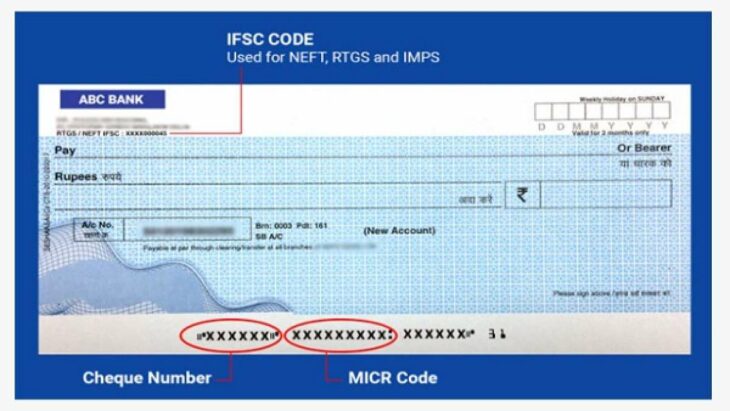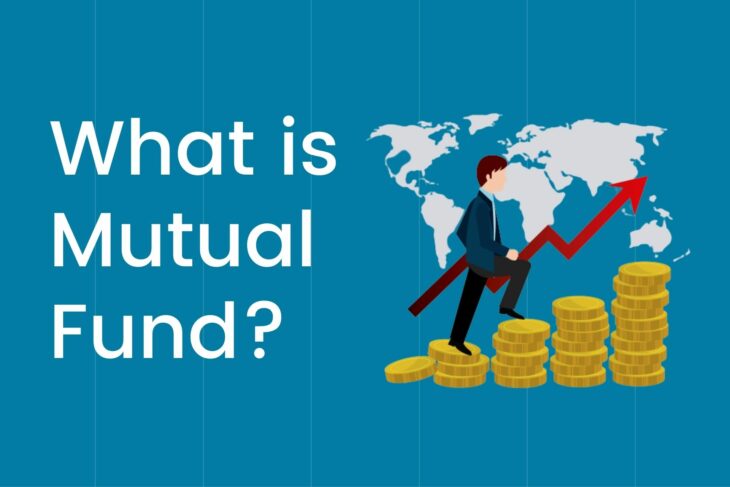Exchange Traded Funds (ETFs) are among the most cost-effective ways to diversify your portfolio and maintain adequate liquidity. The affordability and opportunity to invest in different stocks and industries have made ETFs a viable choice for experienced and beginner investors.
Along with portfolio diversification, liquidity, and low cost, ETFs are also tax efficient, meaning you can enjoy capital appreciation depending on the market situation and enjoy tax benefits of mutual funds. Read on to know more about ETF investments and how these funds save tax.
How do Exchange Traded Funds work?
Exchange Traded Funds operate much like mutual funds, but they trade like stocks. They often have a lower cost for operation and can be easily purchased and sold, offering high liquidity compared to active mutual funds .
Unlike stocks, ETFs can contain numerous assets such as stocks, bonds, and commodities, providing diversification to mitigate market risks. These funds can also be structured to track various investment instruments and are decent investment options for both short-term and long-term capital gains.
How are Exchange Traded Funds taxed?
Exchange Traded Funds trade like stocks in the stock market. ETF unitholders profit from the changing price of the fund unit. The price per unit of an exchange-traded fund is calculated as NAV (Net Asset Value), like a mutual fund. The price varies depending on the supply and demand, and when the NAV of ETFs increases, the fundholders can sell their units for capital appreciation. They can also purchase more ETFs when the NAV is low.
The profits from an Exchange Traded Fund are called capital gains and are taxed similarly to the capital gains in mutual funds. To understand better how ETFs are taxed, let us divide them into two categories, namely equity EFTs and non-equity ETFs.
Equity ETFs are those funds that invest in stocks of the listed domestic companies based on the investment strategy of the scheme. These funds can further be classified as long-term and short-term investments.
Any investment in equity ETFs for more than a year is considered a long-term investment and is taxed at a flat rate of 10% after the initial tax exemption of ₹ 1 lakh. On the other hand, a short-term equity ETF is an investment for less than one year, and the gains are taxed at a flat rate of 15%.
Non-equity ETFs such as gold ETFs, debt ETFs, etc. invest in commodities and securities. All gains on these are taxed as per the individual’s income tax slab.
Exchange Traded Funds are designed to provide decent returns and mitigate market risks with extensive diversification while maintaining lower operational costs. They can also provide opportunities to save taxes depending on your investment objective. However, explore online to find the most suitable ETFs per your objective, as they are market-dependent entities and may incur losses.

















You must be logged in to post a comment.